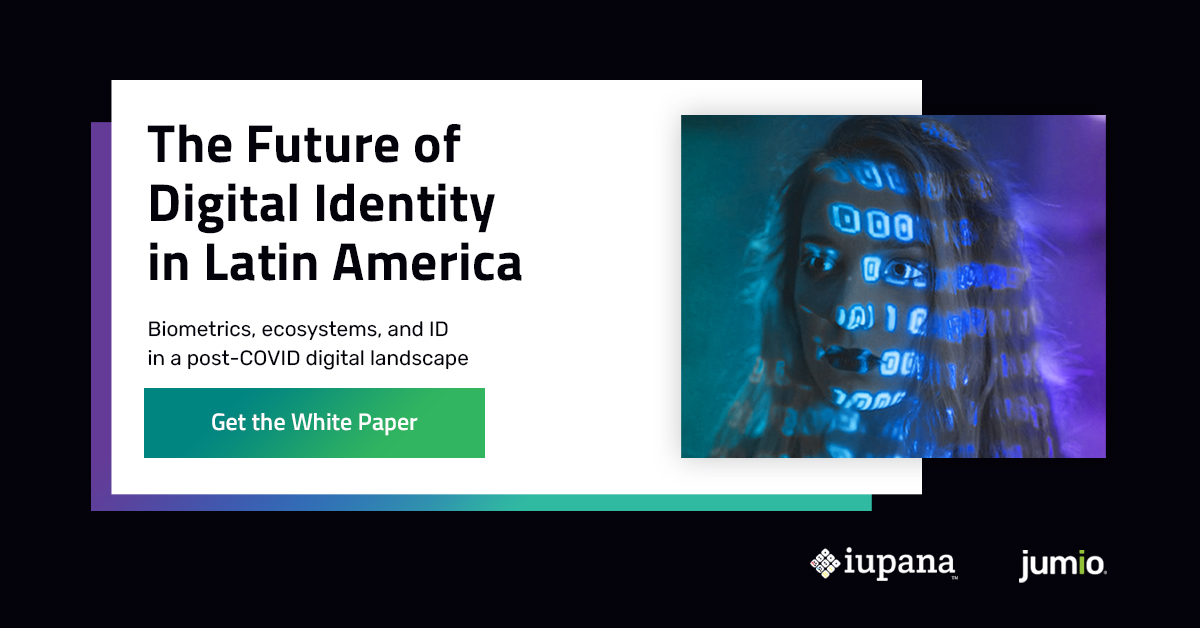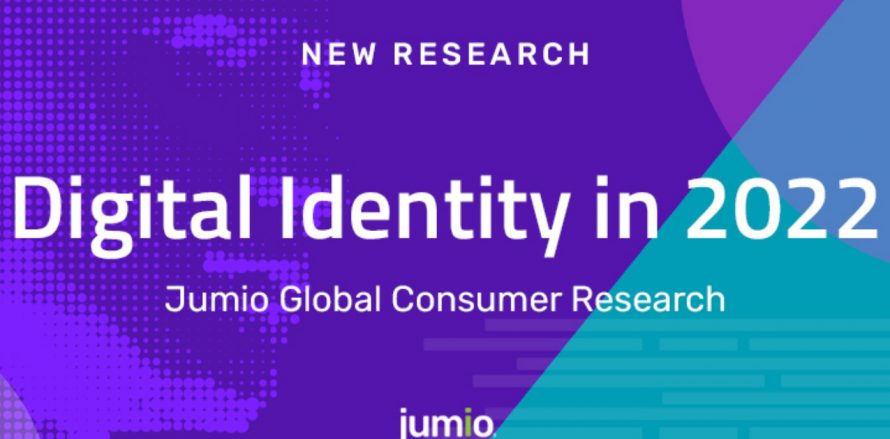- Jumio will speak about biometrics, ecosystems and identity in the post-covid digital era during his participation in the Congress.
As the digital transaction trend accelerates across Latin America, fintechs, banks, payment companies and other financial institutions must stay ahead of a rapidly evolving fraud and security panorama.
In the past, verifying a person’s identity with a sophisticated tool such as biometric authentication was sufficient.
But today new fraud schemes and ever-stricter anti-money laundering (AML) regulations mean that simple ID validation isn’t enough.
Companies require a range of digital tools to ensure that they properly confirm a customer’s identity.
Digital security is now much more than biometric verification: it’s about bringing together multiple tools for a consolidated, coordinated identity management system. Our latest whitepaper, details the current situation with regards to risk, fraud and AML in Latin America and explores the changing demands of identity authentication in the region’s digital environment.
Jumio will be participating in the Fintech Forum at the 7th America Digital Latin American Congress of Business & Technology 2022 on the panel The power of digital identity for the LATAM Fintech ecosystem, to be given by Samer Atassi, Vice President for Latin America.
In this session, we will explore the future of all those opportunities and challenges that the digital identity faces in Latin America:
- The changing face of digital trust
- New challenges in digital fraud prevention
- Liveness detection: a necessity in the digital era
- Beyond ID, orchestration is vital
- UX and data privacy at the center


During our conference, we will also discuss some of the key findings from our recent Jumio Global Consumer Research, based on preferences around use of digital identity across financial services. Our survey reveals that 80% of consumers prefer identity verification measures when choosing online brands. Here three of the findings we found relevant for organizations operating online:
- The use of digital identity is on the rise following the pandemic.
- Financial institutions are ahead of the curve with robust identity verification.
- Business use of digital identity verification addresses consumer concerns.
With so many more transactions happening over the internet, companies are adding layers of security to mitigate the risk of fraud.
Even with a photo of the person and their ID, you still don’t know exactly who’s holding the camera, says Samer Atassi, Jumio’s vice-president for Latin America and the Caribbean.
Companies also need to crosscheck the customer’s ID with a government database to ensure it’s a valid document.
“We have many ways of proving the ID that is presented has not been manipulated. One is through artificial intelligence and machine learning to make sure that all the fields are correctly extracted, such as the name, the ID number, the age, and that there is no superimposed picture on top of the picture of the ID. But that’s not enough,” Atassi notes.
Samer Atassi will share more insights on the panel so be sure to catch his session, and come visit Jumio booth A4 at the 7th America Digital Latin American Congress 2022. You can also book a meeting in advance, here
Buy your tickets to attend the conference and visit their booth.
 Contact
Contact 

